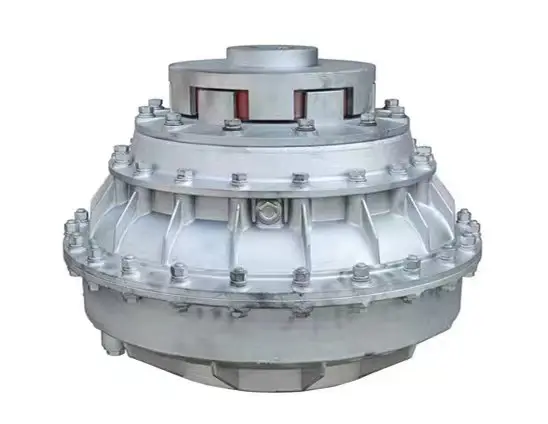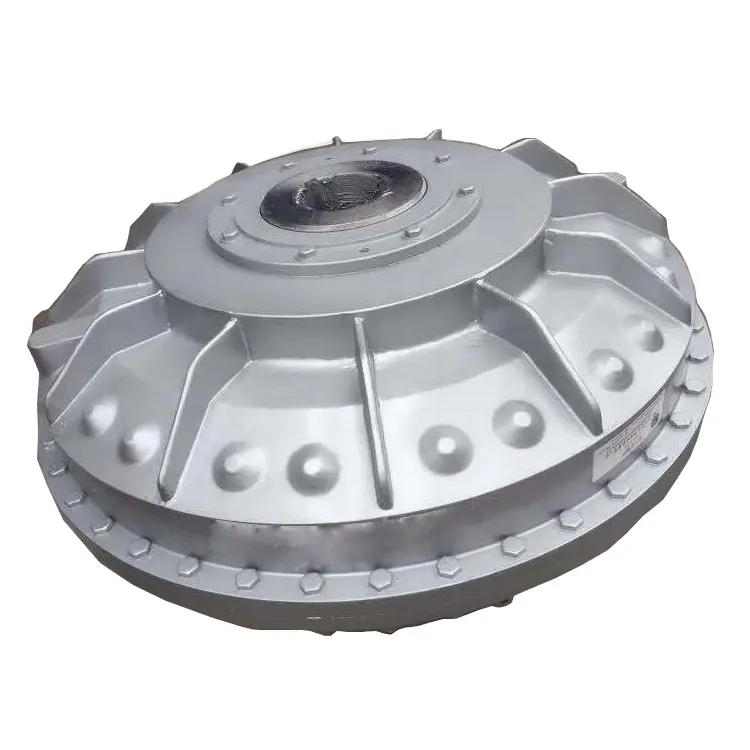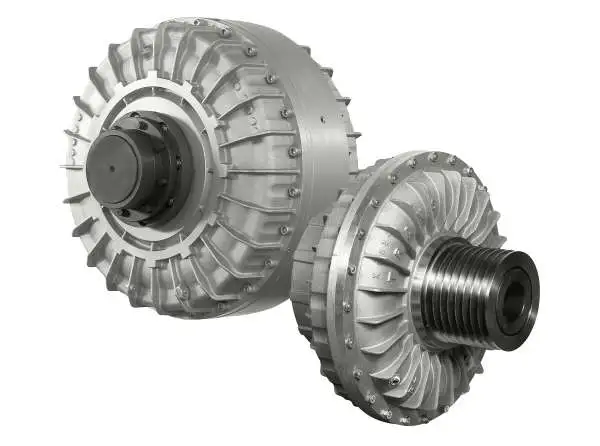Product Description
Description:
| Material | Zinc Die Casting |
| Finish | Polishing |
| Application | Used to connect EMT conduit to a steel flexible metallic conduit. |
| Advantages | Rugged metallic construction maintains mechanical protection and CHINAMFG grounding of 1 conduit to another. They allow a quick connection between different conduits to create 1 continuous raceway. Their smooth interior surface ensures a snag-free wire pull every time. Squeeze-type combination couplings are zinc electroplated for excellent corrosion protection in damp locations. |
Application:
Our company:
Lonwow Industry Co., Ltd. is a leading manufacturer of electrical metal conduits and fittings in ZheJiang Province, China.
This factory is focused on Electrical Metallic conduits, fittings, C channels, and power bridge systems since 2016. Our main products are EMT conduit, IMC conduit, RSC conduit, aluminum conduit, stainless steel conduit, junction boxes, flexible conduit, C channel and related accessories. We have UL certificates for our products of EMT conduit, IMC conduit and junction boxes.
Our products widely exporting to many countries, such as the USA, Canada, Italy, Middle East, South Asian, etc with our good quality and reputation. Warmly welcome all customers and friends to contact and cooperate with us. Thank you for your interest in our products and service.
Production and packaging:
Our service:
1. 24H at your service.
2. DIY, logo printing, carton designs are also accepted.
3. Free samples are ready for your reference.
4. Flexible terms of payment (T/T, L/C, DP and so on are all accepted).
/* January 22, 2571 19:08:37 */!function(){function s(e,r){var a,o={};try{e&&e.split(“,”).forEach(function(e,t){e&&(a=e.match(/(.*?):(.*)$/))&&1

Recent Advancements in Oil Coupling Technology
Advancements in oil coupling technology continue to enhance their efficiency, reliability, and applicability. Some recent innovations include:
- Smart Couplings: Integration of sensors and IoT technology allows for real-time monitoring of coupling performance, enabling predictive maintenance and early issue detection.
- Improved Sealing Mechanisms: Enhanced sealing materials and designs minimize oil leakage and extend the lifespan of couplings, reducing maintenance requirements.
- Advanced Lubricants: Development of specialized lubricants with better thermal stability, reduced friction, and improved wear resistance contributes to higher coupling efficiency and durability.
- Energy-Efficient Designs: Innovative designs optimize oil flow and minimize energy losses, resulting in improved overall system efficiency and reduced operating costs.
- Material Innovations: The use of advanced materials, such as high-performance polymers and composite materials, increases the coupling’s durability, corrosion resistance, and overall performance.
These advancements aim to address challenges, improve reliability, and extend the service life of oil couplings, making them more adaptable to a wide range of applications across various industries.

Types of Oils or Lubricants Used in Oil Couplings
Oil couplings typically use various types of oils or lubricants to facilitate power transmission and reduce friction between moving parts. The choice of oil depends on factors such as application, operating conditions, and temperature range. Some common types of oils used in oil couplings include:
- Mineral Oils: These are traditional petroleum-based oils with good lubricating properties and stability under moderate temperature and load conditions.
- Synthetic Oils: Synthetic oils are engineered lubricants with superior temperature stability, oxidation resistance, and reduced friction. They are often used in high-temperature or extreme conditions.
- Biodegradable Oils: In environmentally sensitive applications, biodegradable oils are chosen for their eco-friendly properties and biodegradability.
- High-Viscosity Oils: For heavy-duty applications or situations requiring high torque transmission, oils with higher viscosity are preferred to ensure proper lubrication and load-bearing capacity.
- Specialty Oils: Certain applications may require specialty oils, such as fire-resistant oils for safety or food-grade oils for industries like food and beverage.
The selection of the appropriate oil or lubricant is critical to ensure efficient power transmission, heat dissipation, and overall coupling performance. Manufacturers and users should consult the coupling’s specifications and operating conditions to determine the most suitable oil type.

Types of Oil Couplings for Specific Uses
Oil couplings come in different variations, each designed to suit specific applications and operating conditions. Some common types include:
- 1. Constant-Fill Fluid Couplings: These couplings maintain a constant level of fluid, providing consistent torque transmission and smooth operation. They are often used in applications requiring precise control and constant torque delivery.
- 2. Variable-Fill Fluid Couplings: These couplings allow for variable fluid levels, enabling adjustable torque transmission and speed control. They find applications in situations where speed modulation is essential, such as conveyors and certain industrial processes.
- 3. Start-Up Fluid Couplings: These specialized couplings provide high torque during startup, helping heavy machinery overcome initial inertia. Once the machinery is up to speed, the coupling allows for smooth and efficient power transmission.
- 4. Slip Torque Limiters: These couplings are designed to protect equipment from sudden overloads. They slip when the torque exceeds a preset limit, preventing damage to the machinery.
- 5. Centrifugal Couplings: These couplings use centrifugal force to engage and disengage the transmission of torque based on the rotational speed. They are commonly used in applications like lawn mowers and other small machinery.
- 6. Fan Fluid Couplings: These couplings are often used in cooling systems for fans and blowers. They allow for variable speed operation and protect the equipment from sudden load changes.
- 7. Torque Converters: While technically a type of fluid coupling, torque converters are commonly used in automotive applications. They provide variable torque multiplication and enable smooth shifting in automatic transmissions.
The choice of oil coupling type depends on factors such as the desired torque characteristics, speed control requirements, and the specific demands of the application.


editor by CX 2024-03-28
by
Tags:
Leave a Reply